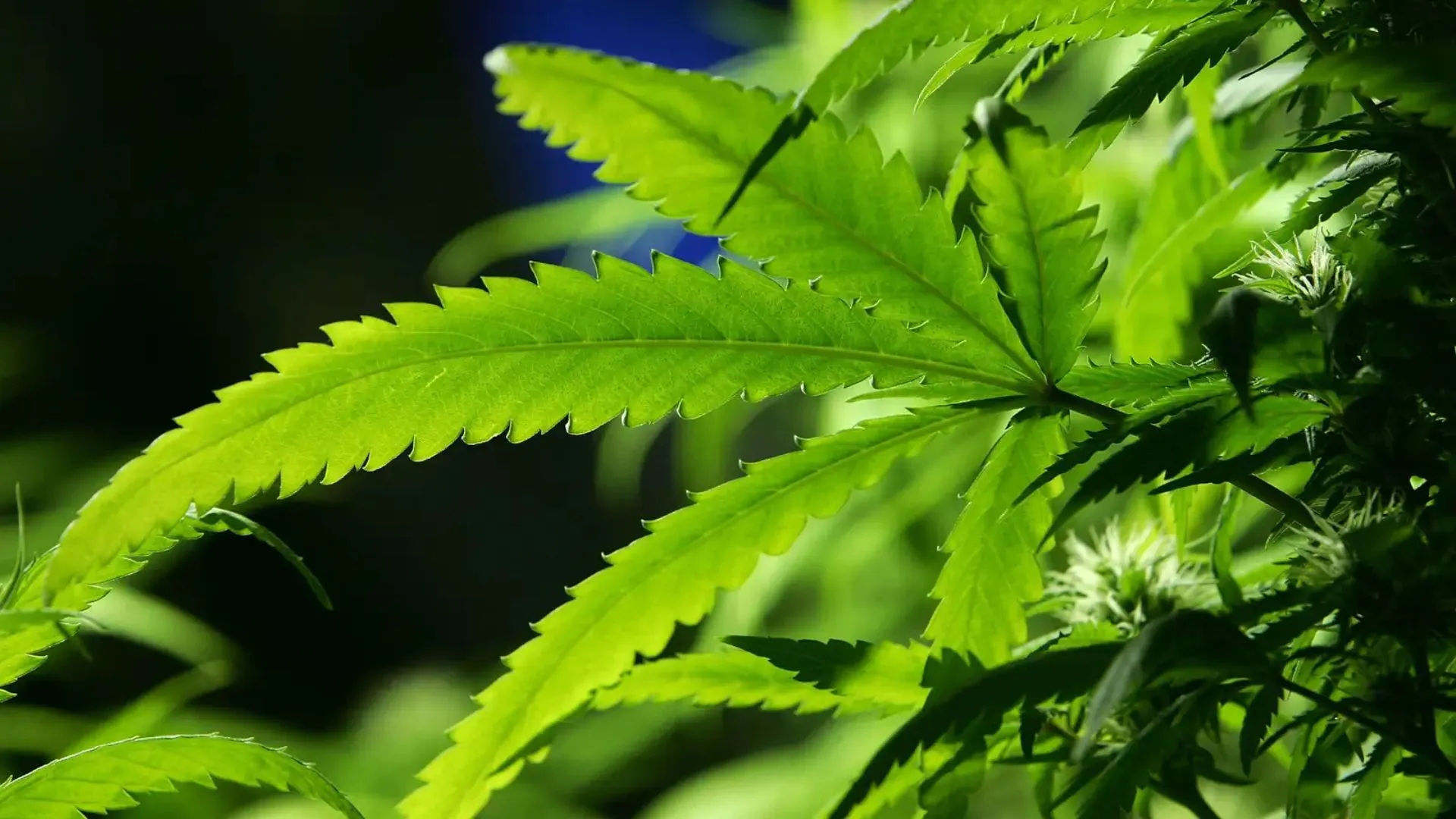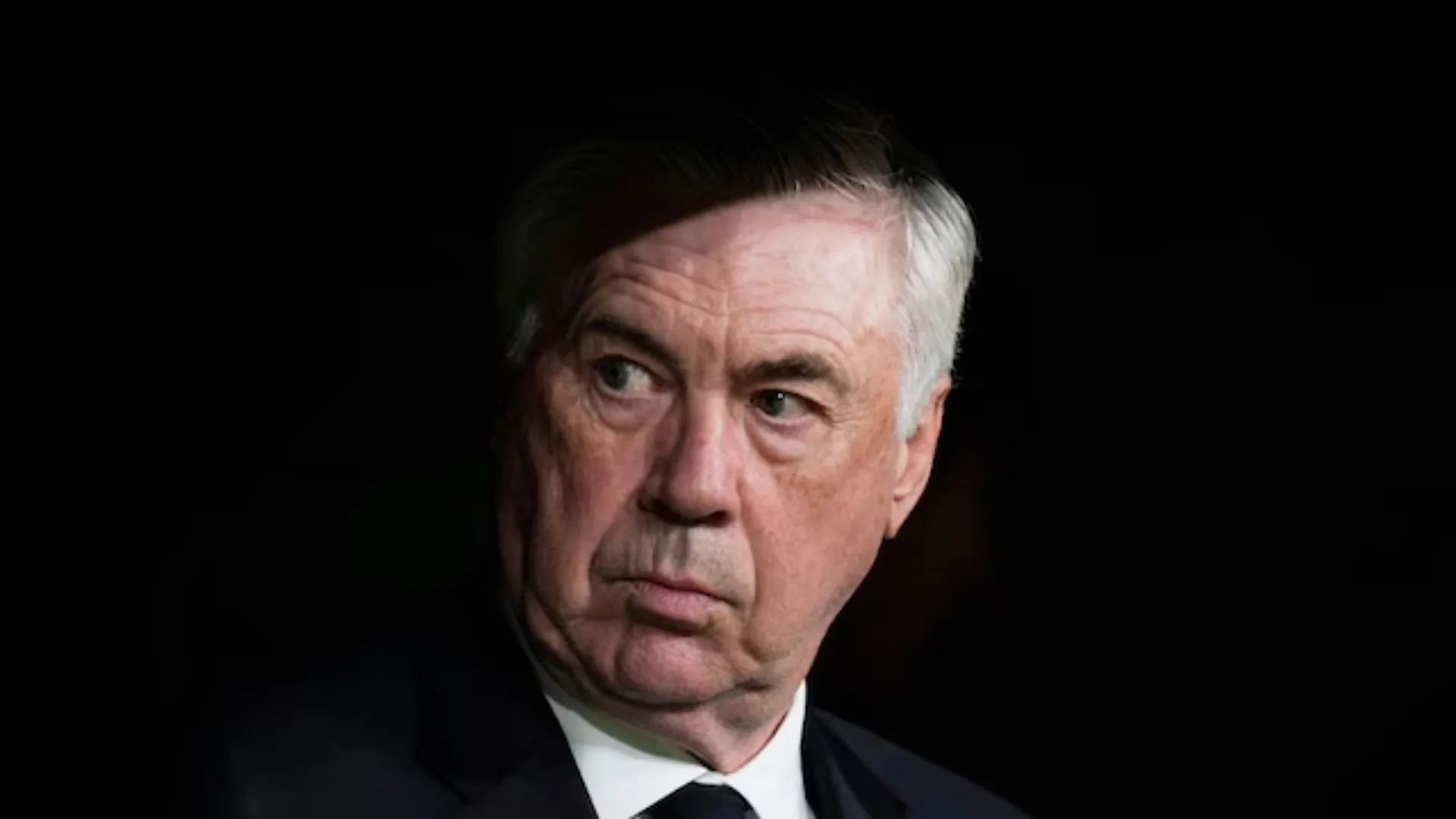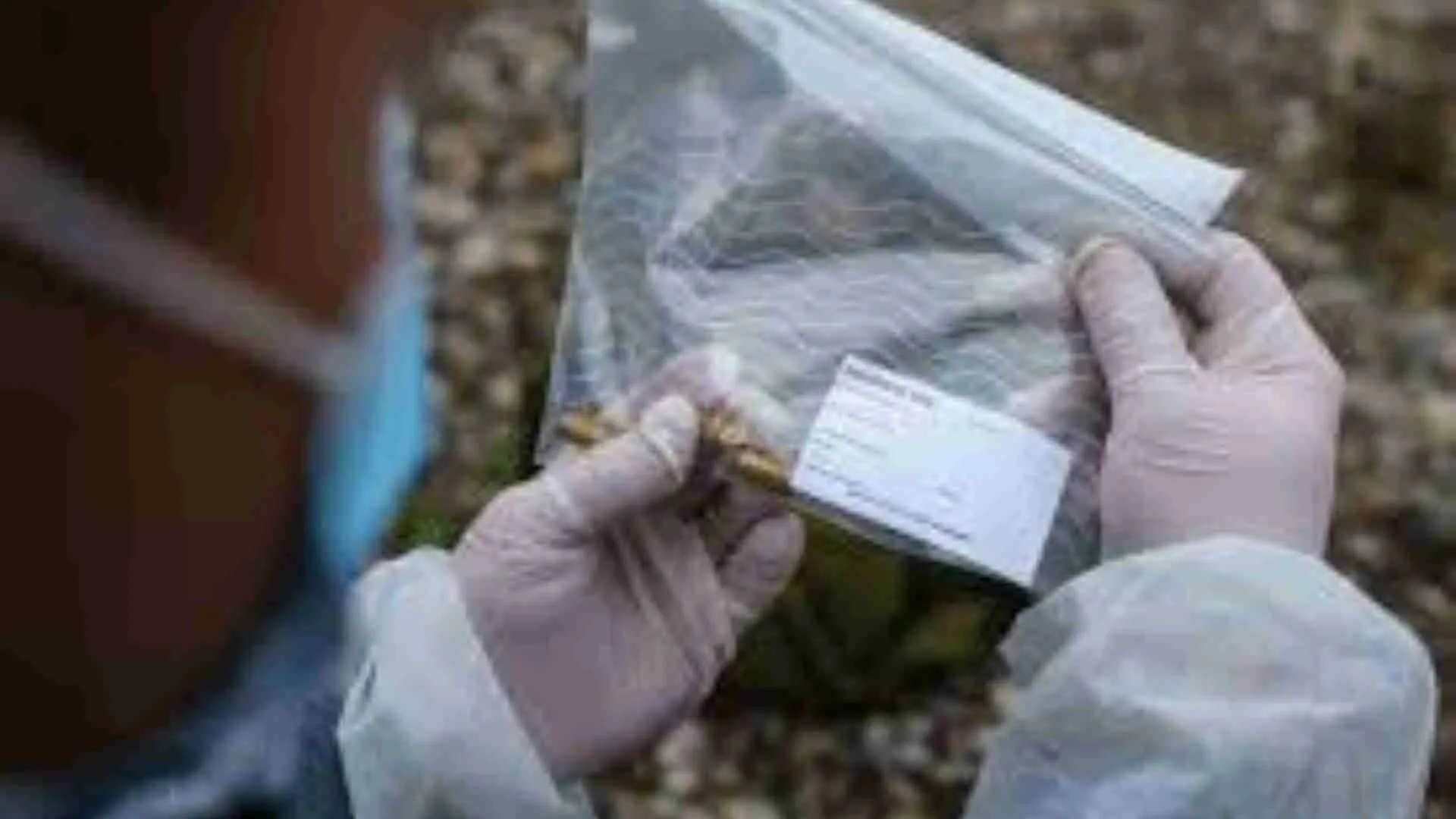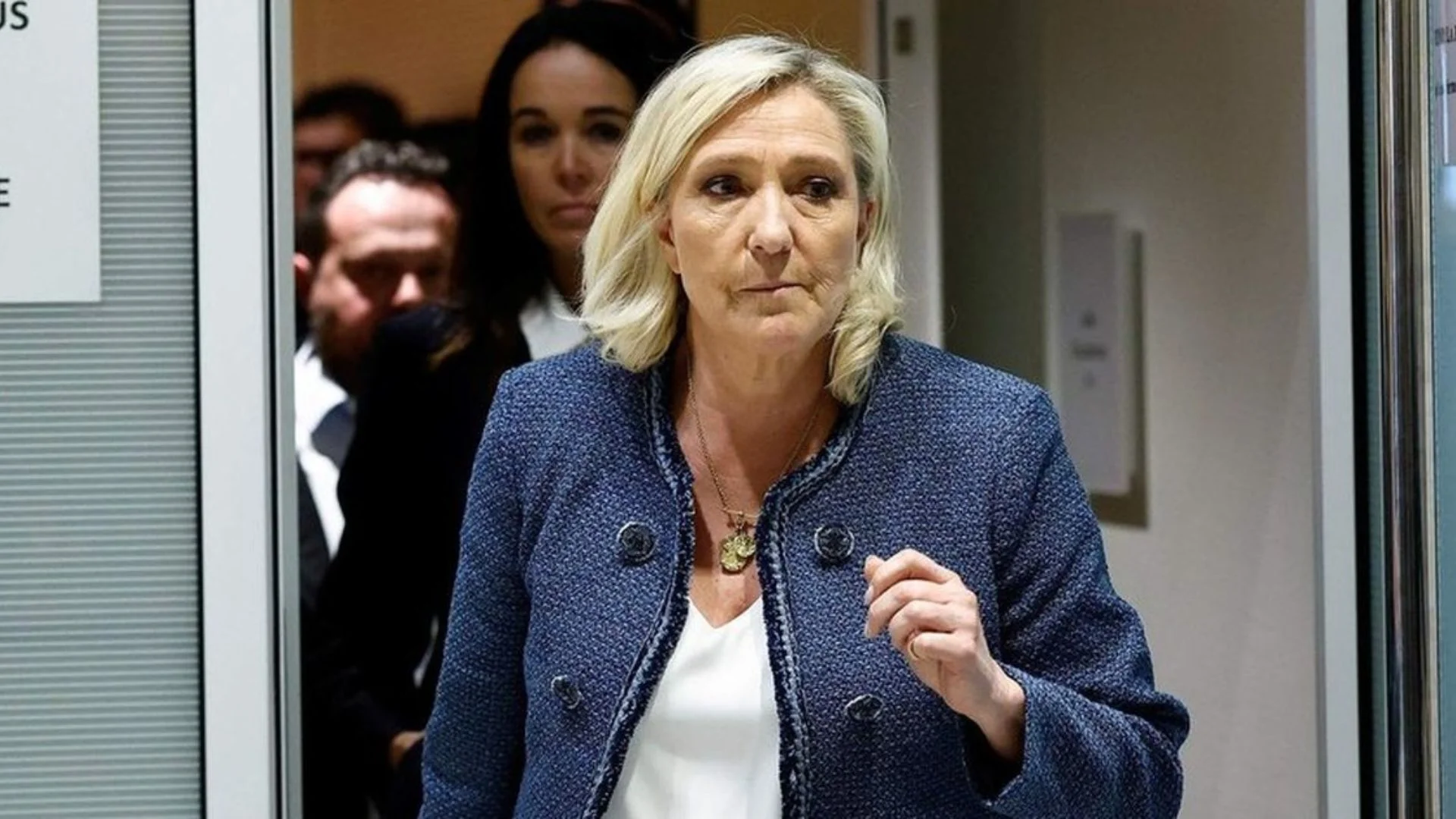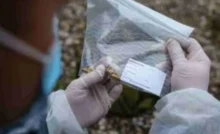Switzerland will consider the legalization of the use of recreational cannabis after a parliamentary commission proposal on Friday. The proposed bill, voted through the lower house’s health commission by 14 to nine against and two abstentions, proposes a strictly controlled system for opening up access to adults.
Today, cannabis in Switzerland is legal only for therapeutic purposes or in instances where its tetrahydrocannabinol (THC) level does not exceed one percent. That said, numerous regions and cities have implemented pilot studies evaluating regulated non-medical cannabis sales in recent years.
Despite these initiatives, the majority of users continue to obtain cannabis illegally, the commission pointed out. Referencing a 2022 Swiss survey, it added that around four percent of people between 15 and 64 years had used cannabis illegally in the last month, showing that “cannabis is a societal reality.”
“Most of the commission finds the current state unacceptable and that the prohibitive strategy is a failure,” the commission said. It recommended the legalization of cannabis for sale and use for non-medical purposes while acknowledging its possible health hazards and calling for its schedule as a controlled substance.
This proposal is the first step in what may be a long process, needing both parliamentary approval and a possible referendum under Switzerland’s system of direct democracy.
“The law has to control the cultivation, production, and sale of cannabis, without promoting its use,” the commission stated.
State Monopoly Approach
The Swiss Hemp Interest Group (IG Hanf) referred to the move as “a historic moment for Swiss cannabis policy.” But there is still opposition, notably from the right-wing Swiss People’s Party (SVP). Parliament member Celine Amaudruz vehemently opposed the plan, saying that it “amounts to banalizing the dangers of the drug.”
The proposal outlines that Swiss residents over the age of 18 should be permitted to “grow, purchase, possess, and consume cannabis,” with existing protections against passive smoking applied. Sales to minors would remain prohibited.
People would be permitted to grow up to three marijuana plants for personal consumption. Commercial production would be legal, but subject to regulations and high-quality control. The packaging would have to be neutral, with no brand names, and contain warning labels.
In addition, the sale of cannabis would be controlled through a state monopoly, limiting access to licensed shops. The commission stipulated that the motive for cannabis sales should not be profit but rather channel all revenue into prevention programs, harm reduction, and addiction treatment services.
In addition, the proposal recommends enhanced punishment for illegal cannabis purchase and sale. It also seeks to implement a zero-tolerance approach to driving while intoxicated, stressing the value of public security along with legalization initiatives.


